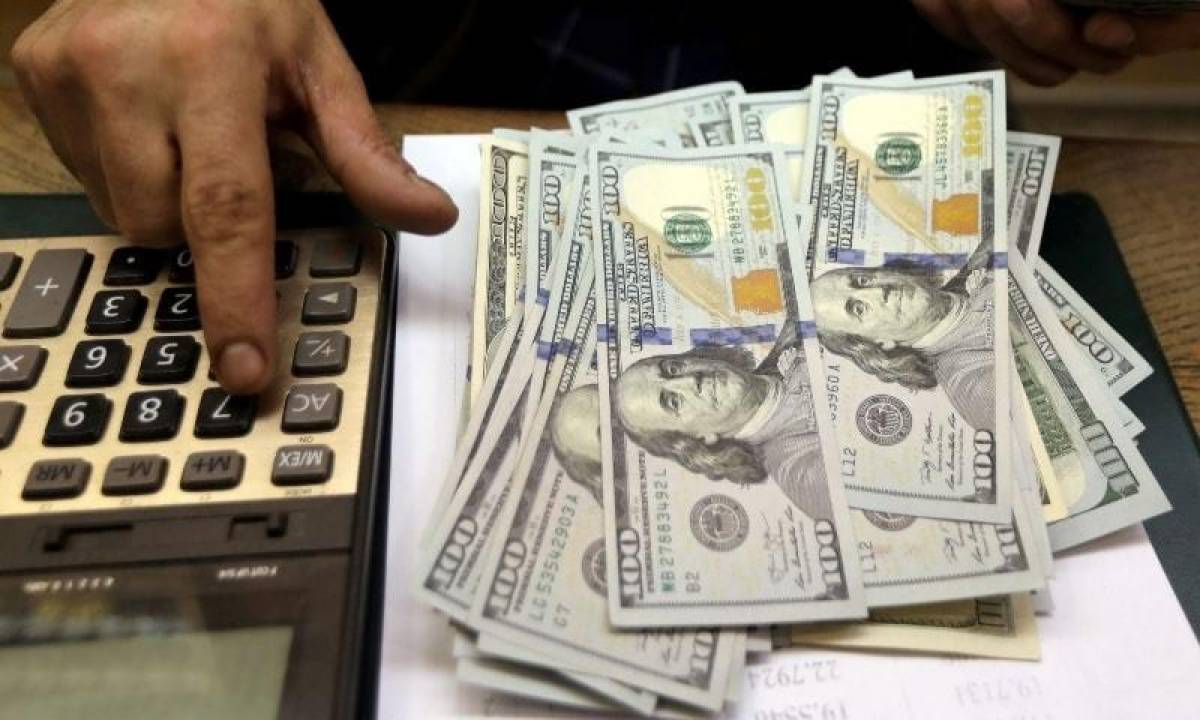According to a report in The News, traders expect the Pakistani rupee to maintain its upward trend against the US dollar in the coming week, following a boost in foreign exchange reserves as the nation received $700 million from China. The local currency has already gained about Rs2 or 0.72%, rising to 259.99 against the greenback in the interbank market.
Forex traders believe that the receipt of $700 million in Chinese inflows on Friday, which have improved the central bank’s foreign exchange reserves to $3.9 billion from $3.25 billion as of February 17, will help increase dollar supplies and improve market sentiment. However, investors are concerned about the delay in the International Monetary Fund program’s resumption, and the staff-level agreement with the IMF to revive the bailout, according to Prime Minister Shehbaz Sharif, would take ten days to reach. Pakistani authorities and the IMF have been in talks about policy framework issues since early February, and they hope to reach a staff-level agreement (SLA) that will open the door for further funding from other bilateral and multilateral lenders.
The tight measures implemented by Pakistan to raise money to reduce the fiscal deficit, such as switching to a market-based exchange rate, raising fuel and electricity prices, eliminating subsidies, and increasing taxation, could cause inflation, which was 27.5% in January, to increase, and the economy to further contract. The country’s economy has been in disarray and is in need of external funding.
The report suggests that while the rupee has been strengthening in the interbank market, it is almost steady in open market deals. However, the fact that the grey market is once again active is not good for the rupee. When the banks slowed the processing of letters of credit for imports due to a liquidity crisis, importers started buying dollars from the black market. According to dealers, the local currency dropped to 285 against the dollar in the black market. As a result, the gap between the interbank, open market, and black market exchange rates has grown significantly.
Dealers are concerned that when the black market premium for the Pakistani rupee increases, it will not only change market sentiment but also threaten the official channels for sending money home from Pakistani individuals who are working abroad. Overall, while the boost in foreign exchange reserves is positive for the rupee, the delay in the IMF program’s resumption and the inflationary pressures from tight measures could impact the currency’s outlook.


